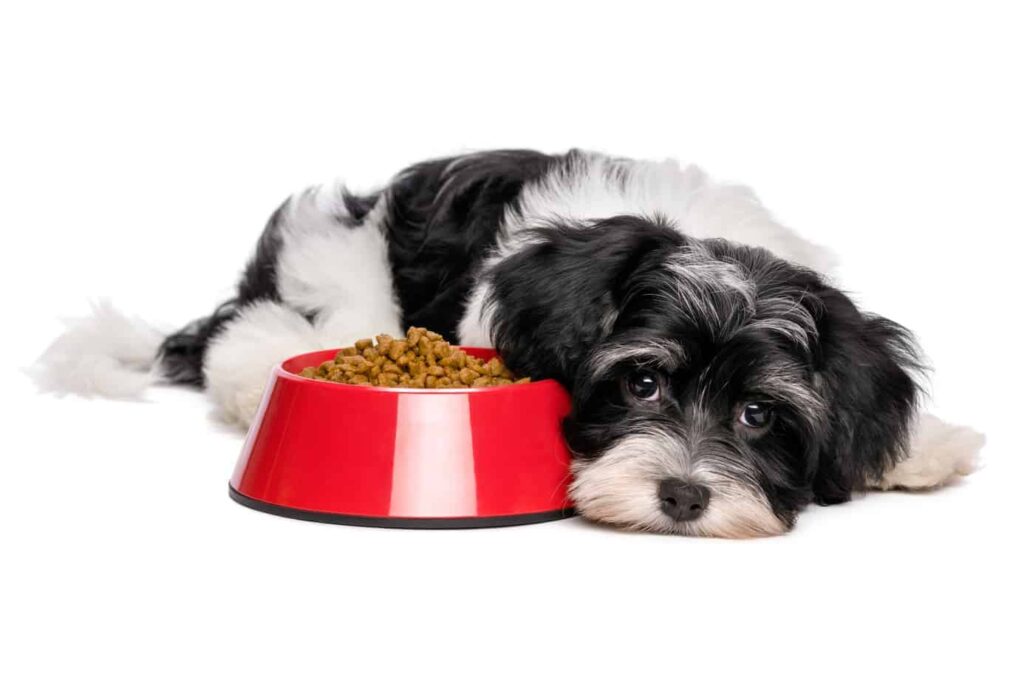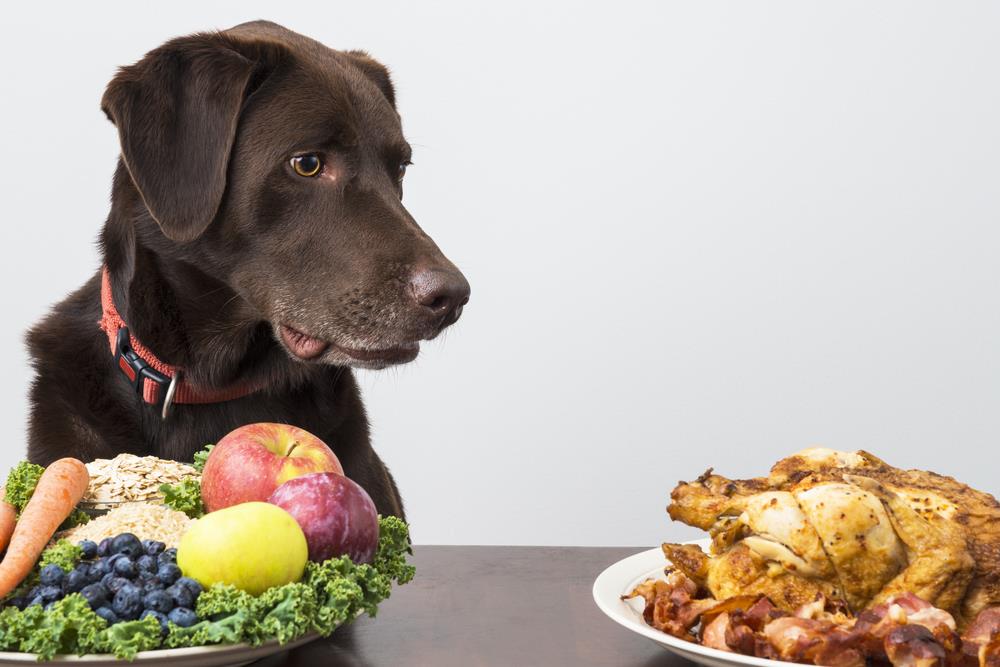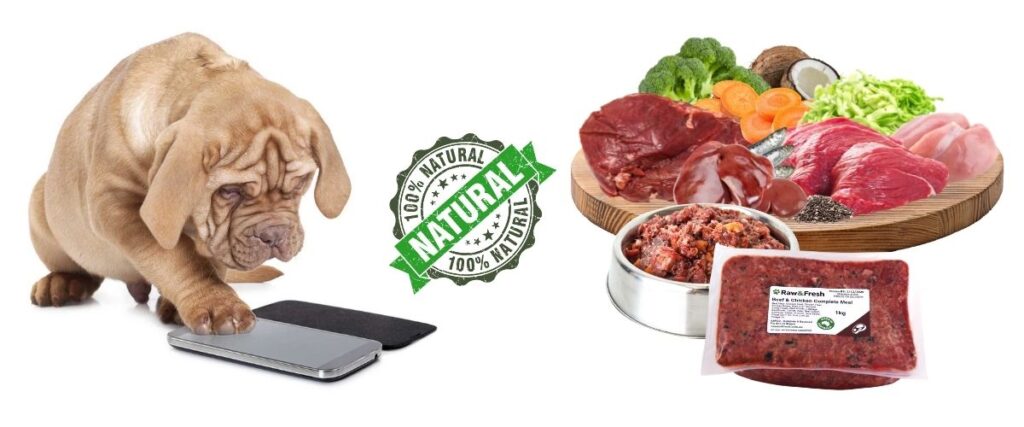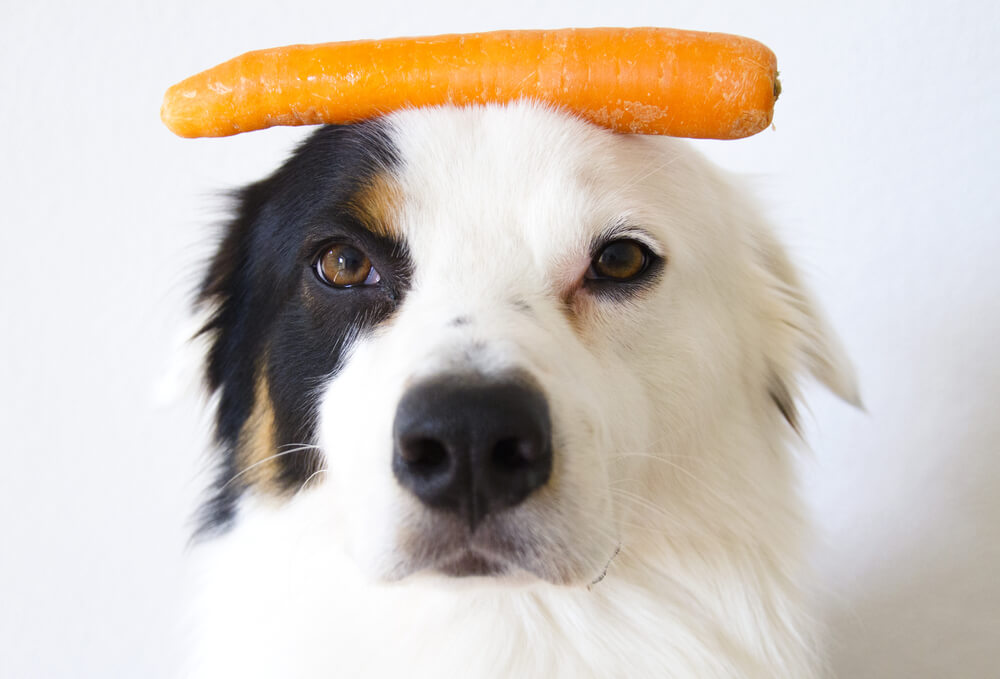Ensuring your dog receives proper nutrition is crucial for their overall health and well-being. Canine diet encompasses various elements that contribute to a balanced diet, addressing both the nutritional needs and dietary preferences of dogs.
The Importance of a Balanced Diet
A balanced diet for dogs includes the right mix of proteins, fats, carbohydrates, vitamins, and minerals. Each nutrient plays a significant role in maintaining your dog’s health:

- Proteins: Essential for growth, repair, and maintenance of body tissues.
- Fats: Provide energy and support cell structure.
- Carbohydrates: Source of quick energy and aid in gastrointestinal health.
- Vitamins and Minerals: Support various bodily functions, including immune system health and bone development.
Nutrient Requirements for Dogs
Understanding nutrient requirements is essential for formulating a proper diet. These requirements can vary based on age, size, activity level, and health status.

- Puppies need higher protein and fat content to support rapid growth and development.
- Adult dogs require a balanced mix of nutrients to maintain their health.
- Senior dogs might need a diet lower in calories and higher in fiber to manage weight and digestive health.
Dog Feeding Guidelines
Adhering to proper dog feeding guidelines ensures your pet receives the necessary nutrients without overfeeding. Factors to consider include:

- Age: Nutritional needs change as dogs grow.
- Size: Larger breeds may require more calories and specific nutrients.
- Activity Level: Active dogs need more calories compared to sedentary ones.
Types of Dog Food
There are various types of dog food available, each with its pros and cons:
- Commercial Dog Food: Convenient and balanced but can contain fillers and preservatives.
- Raw Dog Food: Natural and high in nutrients but can pose a risk of bacterial contamination.
- Homemade Dog Food: Allows control over ingredients but requires careful planning to ensure nutritional balance.
Dog Treats and Supplements
Dog treats can be a useful training tool and a way to reward your pet. However, they should be given in moderation to prevent obesity. Dog dietary supplements can help address specific health issues, such as joint problems or digestive health.
Hydration and Digestive Health
Adequate dog hydration is crucial for maintaining overall health. Fresh water should be available at all times. Dog digestive health can be supported by a diet rich in fiber and probiotics.
Preventing Dog Obesity
Dog obesity prevention is essential for maintaining your pet’s health. Obesity can lead to various health issues, including diabetes and joint problems. Regular exercise and a balanced diet are key to keeping your dog at a healthy weight.
Dealing with Food Allergies in Dogs
Food allergies in dogs can cause symptoms like itching, digestive issues, and ear infections. Identifying and eliminating the allergen from the diet is essential for managing these conditions.
Special Dietary Needs
Different life stages and health conditions require specific dietary considerations:
- Puppy Nutrition: High in protein and calories to support growth.
- Senior Dog Nutrition: Focus on joint health and lower calorie intake.
- Dietary Needs for Active Dogs: Higher calorie and protein intake to support energy levels.
Creating a Homemade Dog Diet
Formulating a homemade dog diet allows you to control what your dog eats. It’s essential to ensure the diet is nutritionally complete by including all necessary nutrients. Consulting with a veterinarian or a pet nutritionist can help in creating a balanced diet plan.
Choosing the Right Commercial Dog Food
When selecting commercial dog food, look for high-quality ingredients and avoid fillers and artificial additives. Understanding the labels and the nutritional content is crucial in making the right choice.
Raw Dog Food Diet
A raw dog food diet can provide high levels of nutrients but requires careful handling to avoid contamination. It’s important to balance the diet with meat, bones, and vegetables.
Dog Calorie Intake
Monitoring dog calorie intake helps prevent overfeeding and underfeeding. The right amount of calories depends on the dog’s age, size, and activity level.
Dog Vitamins and Minerals
Incorporating dog vitamins and minerals into your pet’s diet ensures they receive all necessary nutrients for optimal health. Supplements can help if the regular diet falls short in certain areas.
Managing Dog Hydration
Ensuring proper dog hydration is essential, especially during hot weather or after physical activity. Always provide fresh, clean water for your dog.
Senior Dog Nutrition
Senior dog nutrition focuses on maintaining health and managing weight. A diet rich in fiber and low in calories helps in addressing common issues like joint problems and obesity.
Understanding Dog Feeding Guidelines
Following dog feeding guidelines ensures your pet gets the right amount of food based on their specific needs. Adjust portions according to age, weight, and activity level to maintain a healthy diet.
Homemade vs. Commercial Dog Food
Both homemade and commercial dog food have their benefits and drawbacks. Homemade food allows for ingredient control, while commercial food offers convenience and balanced nutrition.

The Role of Supplements in Dog Nutrition
Dog dietary supplements can support overall health, especially if your dog has specific needs that are not met by their regular diet. Always consult with a veterinarian before adding supplements to your dog’s diet.
Food Allergies in Dogs
Managing food allergies in dogs involves identifying the allergen and eliminating it from the diet. A hypoallergenic diet can help alleviate symptoms and improve your dog’s quality of life.
Raw vs. Cooked Dog Food
Deciding between raw and cooked dog food depends on your dog’s specific needs and your ability to handle raw food safely. Each option has its own benefits and risks.
Dog Calorie Management
Proper dog calorie management is key to preventing obesity and ensuring your dog maintains a healthy weight. Monitor your dog’s calorie intake based on their activity level and adjust their diet accordingly.
Vitamins and Minerals in Dog Diet
Including essential vitamins and minerals in your dog’s diet supports their overall health. These nutrients are vital for various bodily functions and preventing deficiencies.

Ensuring Proper Hydration
Keeping your dog properly hydrated is crucial for their health. Provide access to clean, fresh water at all times, and encourage regular drinking.
Adjusting Diet for Senior Dogs
Adjusting the diet for senior dogs involves reducing calorie intake and increasing fiber. This helps manage weight and supports digestive health.
Guidelines for Dog Feeding
Following established guidelines for dog feeding helps ensure your pet receives the right amount of nutrients. Tailor these guidelines based on your dog’s specific needs and lifestyle.





















